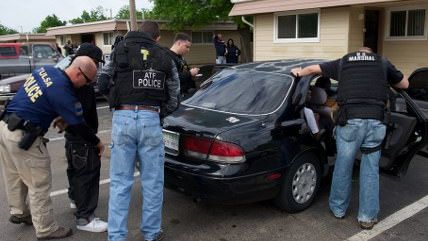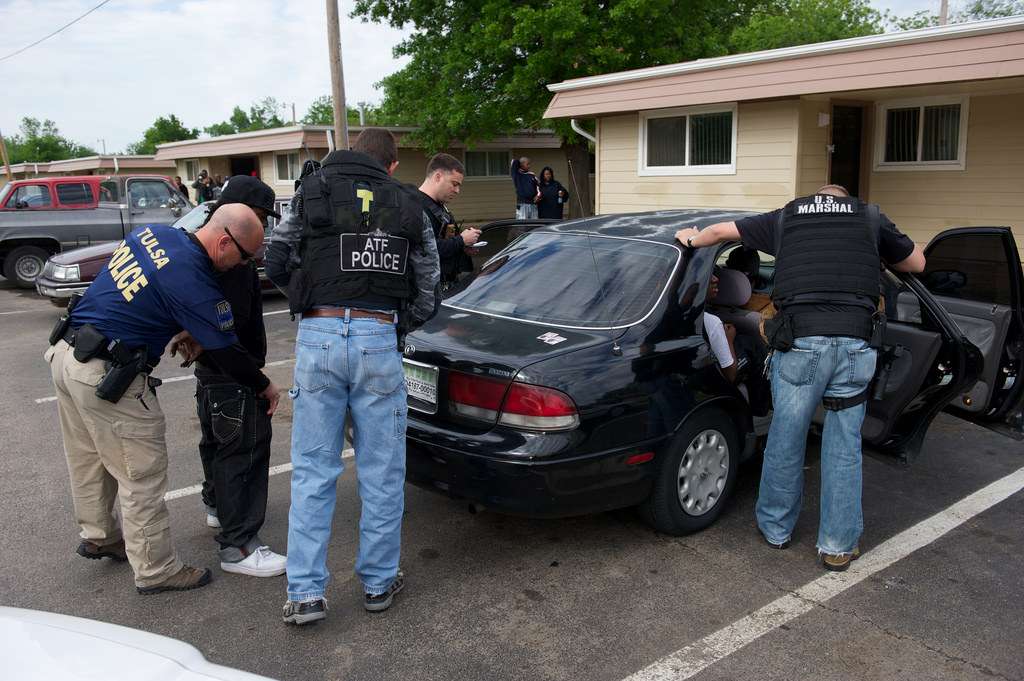Minnesota Now Requires Folks to Actually Be Convicted Before Seizing Their Stuff


Rejoice, Minnesotans! Police in your state can no longer just seize your assets when you're arrested and do everything in their power to keep from having to give it back. This week the governor signed into a law a bill that requires citizens to actually be convicted of a crime before autorities may engage in civil asset forfeiture. Nick Sibilla, a former Reason intern now with the property-protecting lawyers of the Institute for Justice (IJ), wrote about the changes for Forbes:
Now the government can only take property if it obtains a criminal conviction or its equivalent, like if a property owner pleads guilty to a crime or becomes an informant. The bill also shifts the burden of proof onto the government, where it rightfully belongs. Previously, if owners wanted to get their property back, they had to prove their property was not the instrument or proceeds of the charged drug crime. In other words, owners had to prove a negative in civil court. Being acquitted of the drug charge in criminal court did not matter to the forfeiture case in civil court.
As Lee McGrath, the executive director of IJ's Minnesota chapter, put it, "No one acquitted in criminal court should lose his property in civil court. This change makes Minnesota's law consistent with the great American presumption that a person and his property are innocent until proven guilty."
The bill faced stiff opposition from law enforcement and a bottleneck in the legislature. In March, the Star Tribune called it an "outrage" that lawmakers were "dragging their feet on one of the big, common-sense changes" to the state's forfeiture laws. Ultimately, SF 874 found wide, bipartisan support, passing the state senate 55 to 5 and the state house unanimously. The reforms will go into effect starting August 1, 2014.
The argument against reforming the law was a fear-mongering claim that it would keep more guns on the street. This sort of tortured logic in the Star Tribune should be considered a violation of the Eighth Amendment:
"Drug dealers are smart people," [Minnesota County Attorneys Association Executive Director John] Kingrey said. "One of the challenges we have is we walk in the door with cocaine and $10,000 sitting on the table, with five guys saying 'That's not mine.' Four of them get convicted, and the fifth guy says 'That money was mine, I wasn't convicted, give me the dough.'?"
It's not just money, Kingrey said. Acquittals could also put guns back on the street.
"When you see drugs, you see guns and this would make it more difficult to seize and forfeit guns," Kingrey said.
Yes, it does make it more difficult to seize the property of people acquitted of crimes. That is the entire point. If you can't manage to convict a room full of guys standing around a pile of cocaine, the problem isn't the asset forfeiture laws.


Show Comments (37)